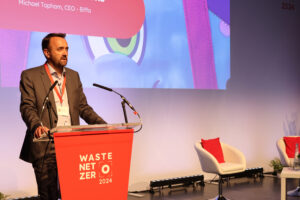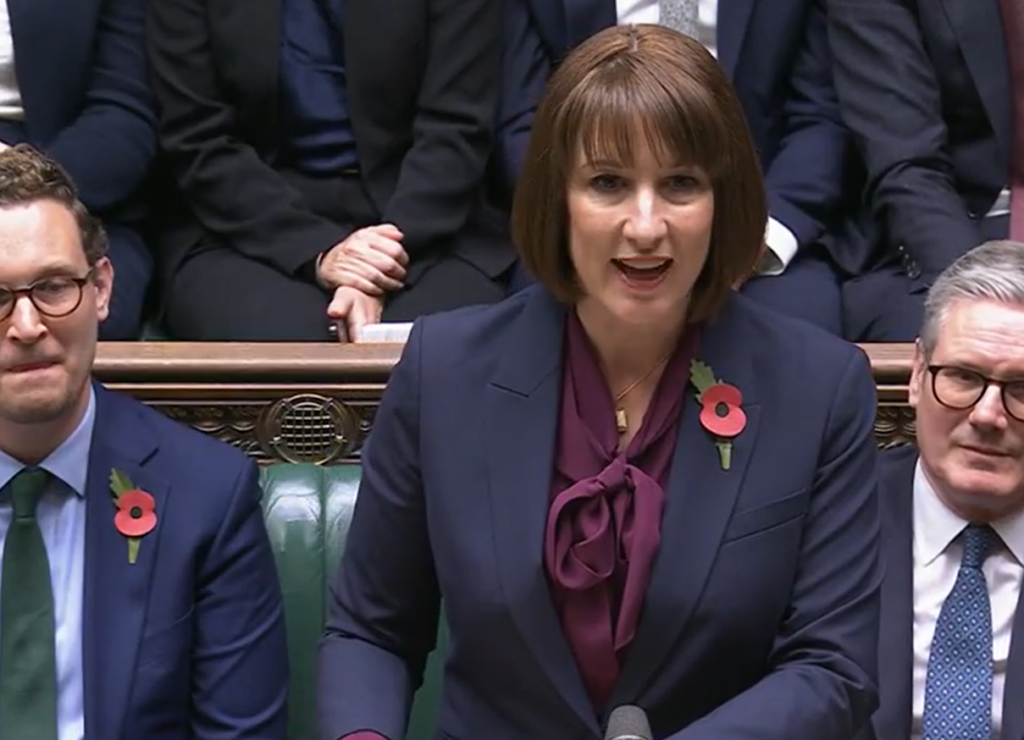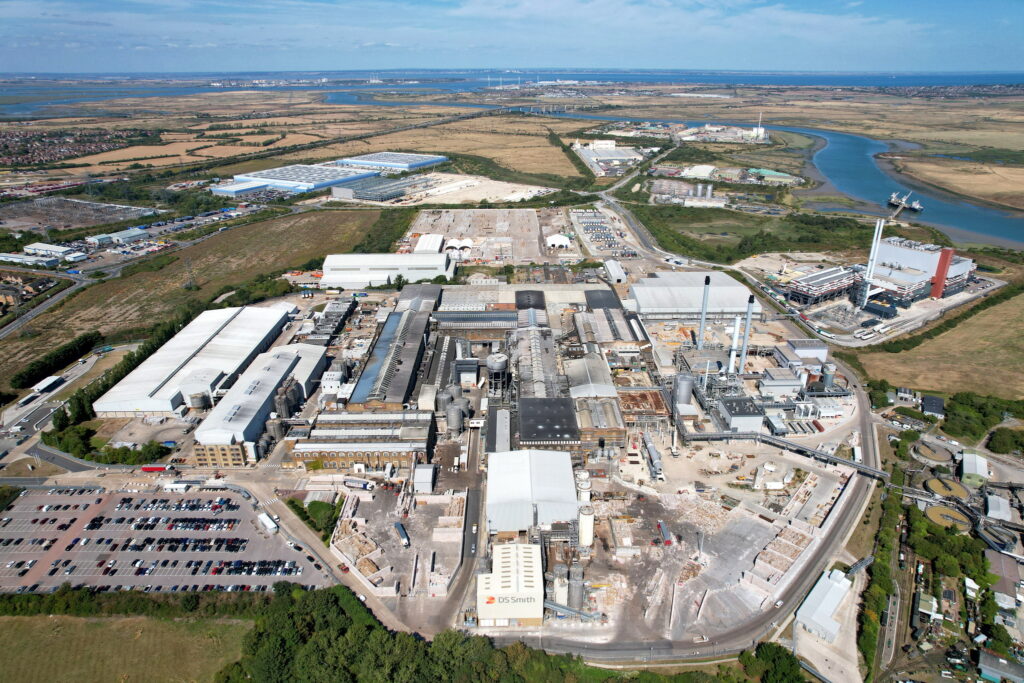Plastic Packaging Tax and Mass Balance Approach
The government also announced that it will increase the Plastic Packaging Tax (PPT) rate for 2025-26 in line with CPI inflation. It said that this is “to incentivise businesses to use recycled instead of new plastic in packaging”.
Notably, businesses will be permitted to use a mass balance approach to evidence recycled content in chemically recycled plastic for PPT in an effort from government “to support the use of and investment in advanced chemical recycling technologies”.
The adoption of a mass balance approach has been supported by the industry for a while, with the British Plastics Federation calling for an end to “political equivocation” around the matter earlier in the month.
Jim Bligh, director of corporate affairs and packaging for the Food and Drink Federation, commented: “Food and drink manufacturers want and need a circular economy for packaging recycling, so it’s great news that the government will enable companies to use mass balance accounting. This important change will open up new markets for advanced recycling in the UK, creating green jobs and investment opportunities, while increasing the amount of recycled content used in food-grade packaging.”
More funding for carbon capture
In her speech in the House of Commons today (30 October 2024), chancellor of the exchequer Rachel Reeves confirmed that there will be £3.9 billion in funding for carbon capture and “green” hydrogen.
This will apply to Carbon Capture, Usage and Storage Track-1 projects for 2025 to 2026.
The funding will go towards 11 new projects across England, Scotland and Wales which Reeves said would be the “first commercial scale projects in the world”.
The government added: “In supporting these projects, the government is equipping industry with the tools they need to kick-start the CCUS and hydrogen industries, delivering clean energy investment and jobs.”
This follows another funding boost of £21.7 billion announced earlier this month for projects in Teesside and Merseyside.
Dave Richardson, interim chair of the North West Hydrogen Alliance (NWHA) and decarbonisation solutions director at Costain said: “Great news coming out of today’s Autumn Budget with Chancellor Rt Hon Rachel Reeves confirming funding for 11 HAR1 schemes in her budget statement, including Barrow-in-Furness located right here in the North West.
“As an Alliance, we’re pleased to see such a strong commitment to the hydrogen and carbon capture sector, which will be essential in decarbonising key industries across the country—such as low-carbon refining, glass, and chemical manufacturing. This support not only helps to protect thousands of existing jobs but also attracts new businesses, moving Britain closer to becoming a clean energy superpower.”
Collection and Packaging Reforms
Following Reeves’ speech in the House of Commons, the full budget was released online and reaffirmed the government’s commitment to moving towards a zero-waste economy and the implementation of the Collection and Packaging Reforms Programme.
The document stated that extended producer responsibility for packaging (pEPR) is set to bring in £1.1 billion annually in revenue which will go towards improving “recycling outcomes”.
The government has also promised to provide an one-off “in-year top up” for 2025/26 if pEPR fails to deliver the predicted funding.
Landfill tax rates
The budget also confirmed that the new Labour government will keep to the previous government’s adjustment to Landfill Tax rates from 1 April 2025.
In May, previous chancellor Jeremy Hunt announced that the standard rate of landfill tax will rise to £126.15 in 2025/26, while the lower rate will increase to £4.05 per tonne.
The government added that is “recognises the importance of maintaining the real-terms value of Landfill Tax rates”.
The next set of Landfill Tax rates to apply from 1 April 2025 will be released at Budget 2025.
Industry responds to the budget
Yesterday (29 October 2024), Michael Topham, CEO of Biffa, penned an opinion editorial for letsrecycle.com ahead of the budget in which he called for a “a sensible, stable policy environment” for the waste sector.
He responded to the chancellor’s speech: “Today’s budget was an important opportunity for the government to drive investment in a fair transition to a greener, circular economy. What we have seen are very positive moves from ministers to back capital spending in all parts of the economy and to provide a stable policy environment for investors, but we believe the announcements today could have gone a lot further.
“For example, we welcome the decisions made about Landfill Tax rates and to support the increase in the PPT rate for next year in line with inflation set out today. However, we believe that to deliver a step-change in demand for recycled plastic, a progressive PPT is essential. Biffa has campaigned for this change for years and we will continue to raise it with the government.
“Similarly, although the budget makes clear that the government wants to increase uptake of electric vehicles, we’re disappointed the budget didn’t offer significant new backing for decarbonising commercial road vehicles. We very much want to transition more of our collection fleet of HGVs to alternative fuels. To deliver this, we need a policy framework that will drive investment in grid upgrades and accelerate progress on HGV electrification. In the interim, whilst the infrastructure for electric vehicles develops, we need incentives to drive the adoption of low-carbon fuels such as HVO to cut emissions. Again, we’ll continue to call for these changes.
“Overall, we’re pleased that the chancellor restated the government’s ongoing commitment to maximising economic growth, boosting skills, improving productivity, and making the UK a clean energy superpower. We welcome her comments about the proposed Industrial Strategy, investment in green hydrogen, and funding for Carbon Capture and Storage projects which we’re already supporting as a cornerstone investor for the Protos EfW in the Northwest cluster. We will work with ministers and the rest of our sector on these opportunities and look to go further to unlock the full potential of decarbonisation and a zero-waste economy.”
See more industry reactions here.









Subscribe for free